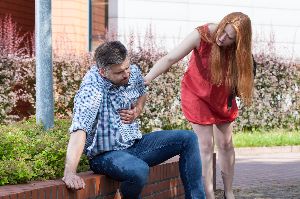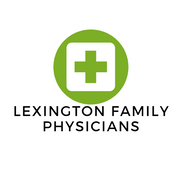
Your heart pumps vital nutrients to the rest of the body. Normally, it should beat regularly at about 60 to 100 times per minute. However, if it does not, you may be diagnosed with arrhythmia. Also known as a rhythm problem, this heart health issue occurs when the electrical signals regulating the heartbeat do not function correctly. Learn more about heart arrhythmias here, including when to see a doctor.
What Are Some Common Questions About Heart Arrhythmias?
Are there different types?
Heart arrhythmias come in several forms and are divided into two main groups: tachycardias, or where the heart beats over 100 times per minute, and bradycardias, or where the heart beats under 60 times per minute. Types of tachycardias include atrial fibrillations that cause uncoordinated, rapid heartbeats that are often connected to strokes. Others include ventricular fibrillations where “chaotic” electrical signals cause the ventricles, or lower heart chambers, to quiver instead of pumping blood throughout the body efficiently.
Bradycardias include conduction blocks where an electrical pathway blockage slows or temporarily stops the heartbeat. Sick sinus syndrome is another form of bradycardia where the sinus node malfunctions and interferes with the heartbeat's normal pace.
What are the symptoms?

In addition to fast or slow heartbeats, arrhythmia signs include “fluttering” feelings in the chest, shortness of breath, fatigue, and chest pain. It can also include anxiety, lightheadedness or dizziness, fainting, and sweating. Mild arrhythmia issues often do not cause symptoms, while severe cases, such as ventricular fibrillation, can cause unconsciousness and can even be fatal in some cases. The only way to tell which type of heart health problem you have is to get an official diagnosis.
When should I visit a doctor?
If you experience dizziness, near fainting or fainting, chest pain, or shortness of breath, see a doctor immediately. The professional will perform an electrocardiogram (EKG) test to diagnose the specific arrhythmia and rule out other related heart issues, such as a heart attack. You’ll also need medical care if you can feel your heart racing or beating slowly. If you're having trouble breathing, call 911 immediately.
What triggers this condition?
Typical triggers include stimulants and depressants, including coffee and alcohol, respectively. Tobacco use can also cause arrhythmias because it increases blood pressure and decreases blood flow, among other complications. Other triggers include caffeine-infused diet pills and teas and heart tissue damage from congenital heart disease. Stress is another common trigger since it increases blood pressure and makes the heart race.
To get treated for arrhythmias and other heart health issues, rely on Lexington Family Physicians. Treating patients of all ages throughout Davidson County and the Triad Area in North Carolina since 1993, this medical center is known for providing the highest level of care. Call (336) 249-3329 today to make an appointment, or learn more about their heart health services online.
About the Business
Have a question? Ask the experts!
Send your question

